© Pint of Science, 2026. All rights reserved.
On the second night of the event in Nijmegen, Pint of Science will be at De Klinker (English), inviting the audience to know more about diverse perspectives in science, and how that impacts on daily research of scientists. The talks will cover miscellaneous topics like the neuroscience behind different emotions; the science behind non-monogamous relationships; and insights we can gain from indigenous philosophies. Registration is free.
Note that De Klinker is a safer space and do not tolerate harmful behaviors that prevent people from freely and equally using the space.
Note that De Klinker is a safer space and do not tolerate harmful behaviors that prevent people from freely and equally using the space.
How does your sex influence your chance of getting autism? Let's talk biology!
Sam de Kater
(Phd candidate at RadboudUMC)
How does your sex influence the risk of developing autism? Autism is diagnosed 3-4x more often in males than it is in females. How is this biologically regulated? In my research, I investigate biological sex differences in brain development to better understand why males are more likely to develop autism. To do this, I use mouse models and turn human skin cells into brain cells!
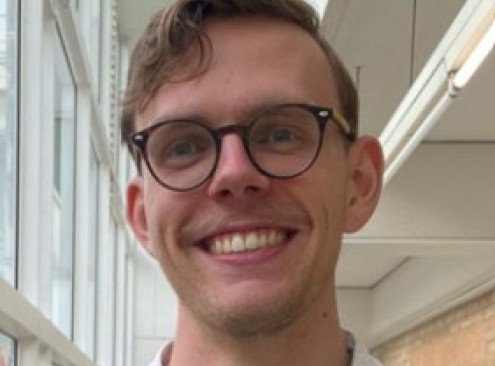
Emotions make our brain shine : exploring the colors of neurons
Ségolène Bompierre
(she/her, Postdoc at Radboud)
Emotions color our lives in many ways: joy, fear, anger, and more. But what if they could literally color our neurons ? I invite you to dive into the center of our neurons to explore how a change in color triggered by our emotions reveal the ways emotions influence our brain.
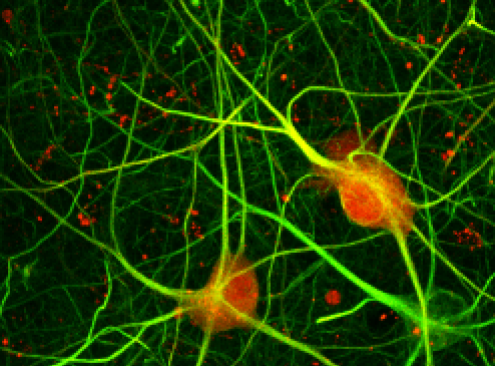
The more the merrier? What we know and what we don't know about consensually non-monogamous relationships
Milou Wakelkamp
( she/her, PhD candidate)
How do people manage multiple intimate relationships at the same time? My research examines consensually non-monogamous relationships – relationships in which partners allow intimate connections with other people, with the informed consent of everyone involved. Discover what early research findings say about these relationships and what is currently being examined.
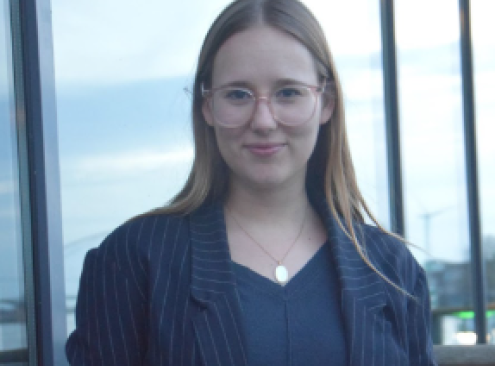
Coming Home Through Indigenous Philosophy
Gerard Kuperus
(Senior Researcher)
While we see a global revival of indigenous cultures philosophy has been slow in even recognizing indigenous thought as philosophy. By introducing some grammatical structures borrowed from indigenous languages, I will challenge everyone present to rethink their relationships to the objects and people around them.
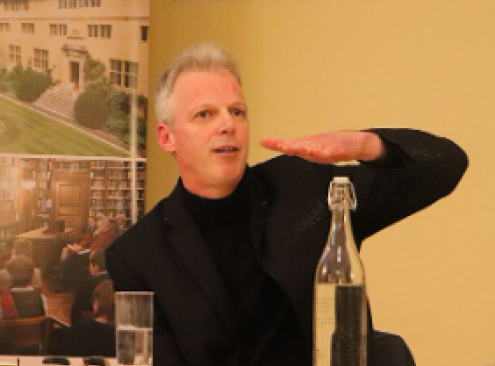
How new connections between brain cells are formed
Lotte Herstel
(she/her, Postdoc at Radboud)
Our brain consists of billions of neurons which make it possible to think, act and learn. Connections between neurons (synapses) are plastic, they appear and disappear. I study how new synapses are formed with fluorescence microscopy and laser light to activate synapses. In my talk I will give insight in the underlying processes when new inhibitory synapses are made.
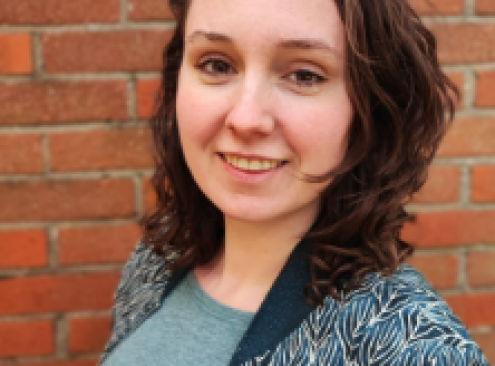
Brain Variability
Richard van Wezel
(Professor at Radboud University)
While exactly the same image is projected to the retina of different people, the interpretation is always different. Why?

Map data © OpenStreetMap contributors.